There are Three Weeks that are an annual mourning period that falls out in the summer. The Three Weeks or Bein ha-Metzarim (Hebrew: בין המצרים, “Between the Straits”) (cf “dire straits”) is a period of mourning commemorating the destruction of the first and second Jewish Temples. This is when we mourn the destruction of the Holy Temple and our launch into a still-ongoing exile. The period…
Learn the principles behind a past Plague and Pinchas’ righteous zealousness against the sins of the Leaders in his day and how they apply in our current events today!
Revelations 2:6 says to the Messianic Assembly in Ephesus., “But you do have this going for you: You hate what the Nicolaitans practice – practices I also hate.” So it obviously very important to understand who are Nicolaitans and what are these practices that “he who holds the seven stars (angels) in his right hand…
Overview and Background of Hashem’s instruction about the Red Heifer in Parashah Chukat On the 1st of Nissan, The mishkan’s last inauguration day, Hashem revealed to Moshe the laws regarding impure people who are expelled from the camp, and the purity laws of the kohanim priests. Hashem taught him how purification from the different types…
Just like we see in Korach’s rebellion this week and in Satan’s rebellion from the beginning, there is a Process of Persecution that comes from the Enemy through different individuals to attack and slander God’s People still today! Learn the detailed process the Enemy uses by reading more here…
Many people are often curious as to the time period of Job’s life. Whenever I see a reoccurring question come to me I often write a short article on it to assist others who must have the same question as well. This article is being written during the week that we are preparing for Torah…
This week’s Torah portion of Shelach L’kha introduces a very practical commandment still applicable for us still today! In Torah parashah Sh’lach Lecha, after seeing that God’s people were having difficulty remembering and guarding God’s commandments, and thereby losing their intended blessing, we see an introduction to the principle of wearing a “reminder tassel” called a…
Tevilah and Mikvah During Biblical Times Tevilah is the Biblical act of immersing oneself in a natural living water source for ritual cleansing of sin and symbolizing death to the self-centered ego and rebirth to a new spiritual life of selfless love in harmony with the principles of God’s law of love – “Torah”. In…
(The following excerpts come from Rabbi Yitzchak’s book available at Amazon) Many may be surprised to find out that Yeshua kept the Written Law, the Oral Law and the traditions of Judaism as a Jewish Rabbi. Yeshua also taught his followers to do the same in Matt 23:3 saying, “All therefore, whatsoever, they [the Jewish…
A common quote from the new testament among believers is Romans 8:1 “There is therefore now no condemnation to those who are in Yeshua.” This is usually stated to encourage us in our failures, but the sentence does not end there. It goes on to say “who do not walk according to the flesh, but…











